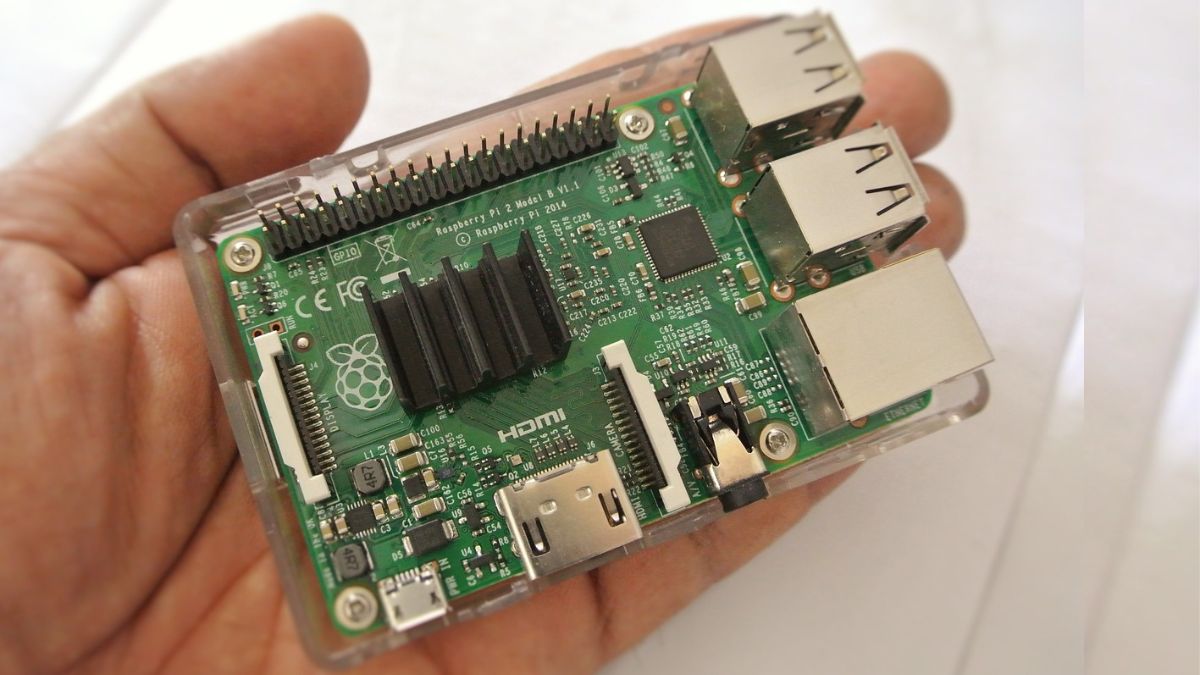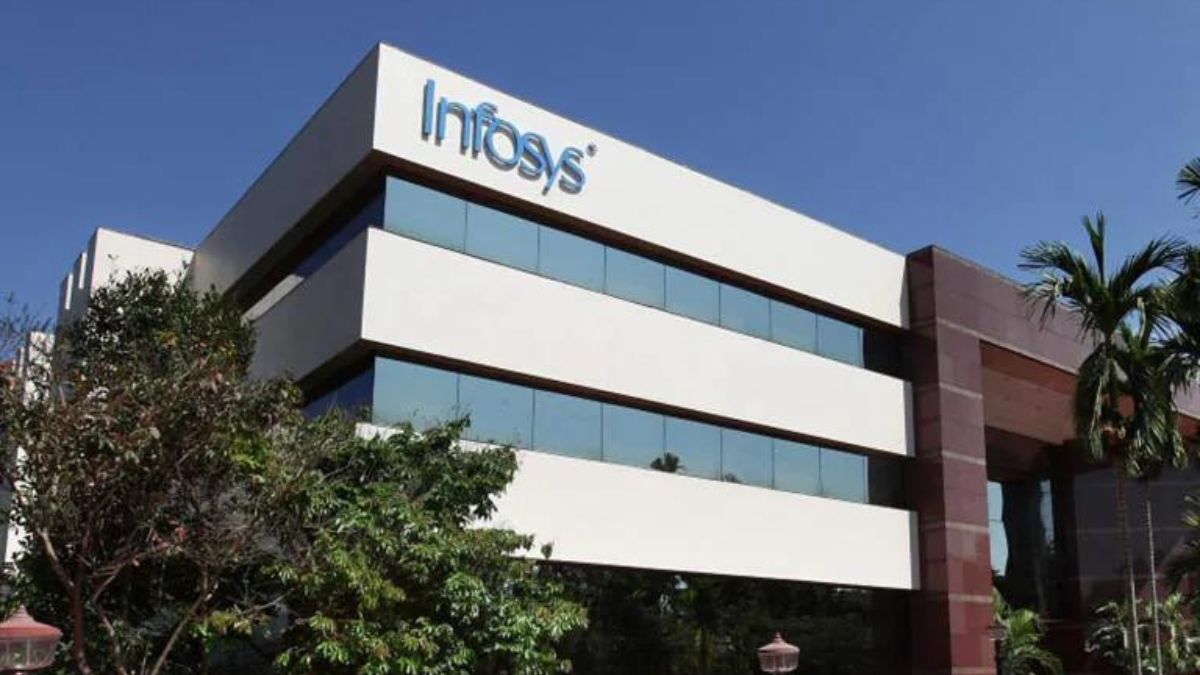On Tuesday morning, Raspberry Pi set its IPO price on the London Stock Exchange at £2.80 per share, giving the company a valuation of £542 million, or approximately $690 million based on the current exchange rate. Following this, the company’s shares surged by 32 per cent, reaching £3.70 per share. As a result, Raspberry Pi has the potential to raise over $200 million through its IPO process read more
)
According to its website, Raspberry Pi has sold more than 60 million computers worldwide, till date. Image used for representational purposes/Pixabay
The recent IPO of Raspberry Pi, a British maker of tiny, affordable computers, has captured the attention of investors and tech enthusiasts alike.
The company’s shares surged dramatically on the London Stock Exchange, marking a significant milestone for the firm known for its credit card-sized computers that cater to a wide range of applications from education to industrial use.
How did Raspberry Pi’s IPO do?
Raspberry Pi’s shares soared by as much as 40 per cent in early trading following its initial public offering (IPO) on the London Stock Exchange. By 11:54 am ET, the stock was trading at £3.85 ($4.90), maintaining a robust 38 per cent increase above the listing price.
The IPO valued the company at nearly £542 million ($689 million), raising £166 million ($211 million) in the process. This significant IPO is considered one of the largest in Britain this year, second only to a few others.
Eben Upton, the co-founder and CEO of Raspberry Pi, expressed his enthusiasm for the successful listing, stating, “London has the right caliber and sophistication of investor to support growing, ambitious technology businesses such as Raspberry Pi.”
This sentiment was echoed by Russ Mould, investment director at AJ Bell, who told CNN, “There’s clearly appetite for a UK IPO, there’s clearly appetite for a UK tech IPO, both of which haven’t been that common or frequent recently, so there might be some pent-up demand there.”
How did Raspberry Pi reach here?
Raspberry Pi started in 2012 as a commercial subsidiary of the Raspberry Pi Foundation, a charity founded in 2008 to promote computer science in schools. Over the years, the company has become known for producing small, fully functional computers, some costing as little as $35.
These compact devices, often the size of a credit card, can be connected to larger screens or used as components in various machines such as smart speakers and robots. To date, Raspberry Pi has sold more than 60 million computers worldwide.
Also Read: Intel to delay construction on its $25 billion chip-manufacturing plant in Israel
The company’s customer base is diverse, with industrial customers accounting for more than 70 per cent of its sales. These customers use Raspberry Pi’s devices in high-tech farming systems, self-pouring beer taps, and other innovative applications.
The remaining 30 per cent of sales are to education providers and computer science enthusiasts. In 2022, the University of Cambridge recognised one of the company’s computers as the “best-selling computer to come out of the UK.”
How did the IPO affect London’s stock market?
Raspberry Pi’s IPO is seen as a rare victory for London’s stock market, which has struggled to attract technology listings in recent years.
Kathleen Brooks, research director at brokers XTB, highlighted this, was quoted by BBC, “This is a sign that there is life in the London stock market, and companies can derive value from listing in London. It is also a decent payday for the company’s founders and directors.”
The IPO’s success contrasts with the trend of several British companies opting to list on New York’s Nasdaq instead. For instance, British chipmaker Arm (ARM) chose Nasdaq for its IPO last year, achieving the biggest IPO globally in 2023.
What are Raspberry Pi’s future plans?
Raspberry Pi reported impressive financial results for 2023, with revenues reaching $265.8 million, a 41 per cent increase from the previous year. The company plans to use the funds raised from the IPO to invest in product development, improve its supply chain, and expand its educational activities.
Terushi Shimizu, CEO of Sony Semiconductor Solutions Corporation (SSS), one of Raspberry Pi’s strategic partners, stated, “Our goal is to provide new value to a variety of industries and support them in solving issues using our innovative edge AI sensing technology built around image sensors.” This partnership, along with support from other industry giants like Arm and Sony, positions Raspberry Pi well for future growth.
Also Read: Apple Intelligence, powered by Tensor: How Google helped Apple in training its AI
Retail trading of Raspberry Pi shares is set to begin on 14 June, offering a broader range of investors the opportunity to buy into the company. The initial pricing of the shares puts Raspberry Pi’s valuation at around £541.6 million ($688.8 million). Analysts expect the stock to gain further once retail trading begins, potentially reaching $5 per share.
The company’s long-term goals, outlined in its 2025 strategy, focus on advancing non-formal learning, education, and research, particularly targeting the younger demographic (ages 5-25).
With inputs from agencies

 3 months ago
20
3 months ago
20
)
)
)
)
)
)
)
)
)
)
)
)
)
)
)
)
)
)
)
)
)
)
)
 English (US) ·
English (US) ·